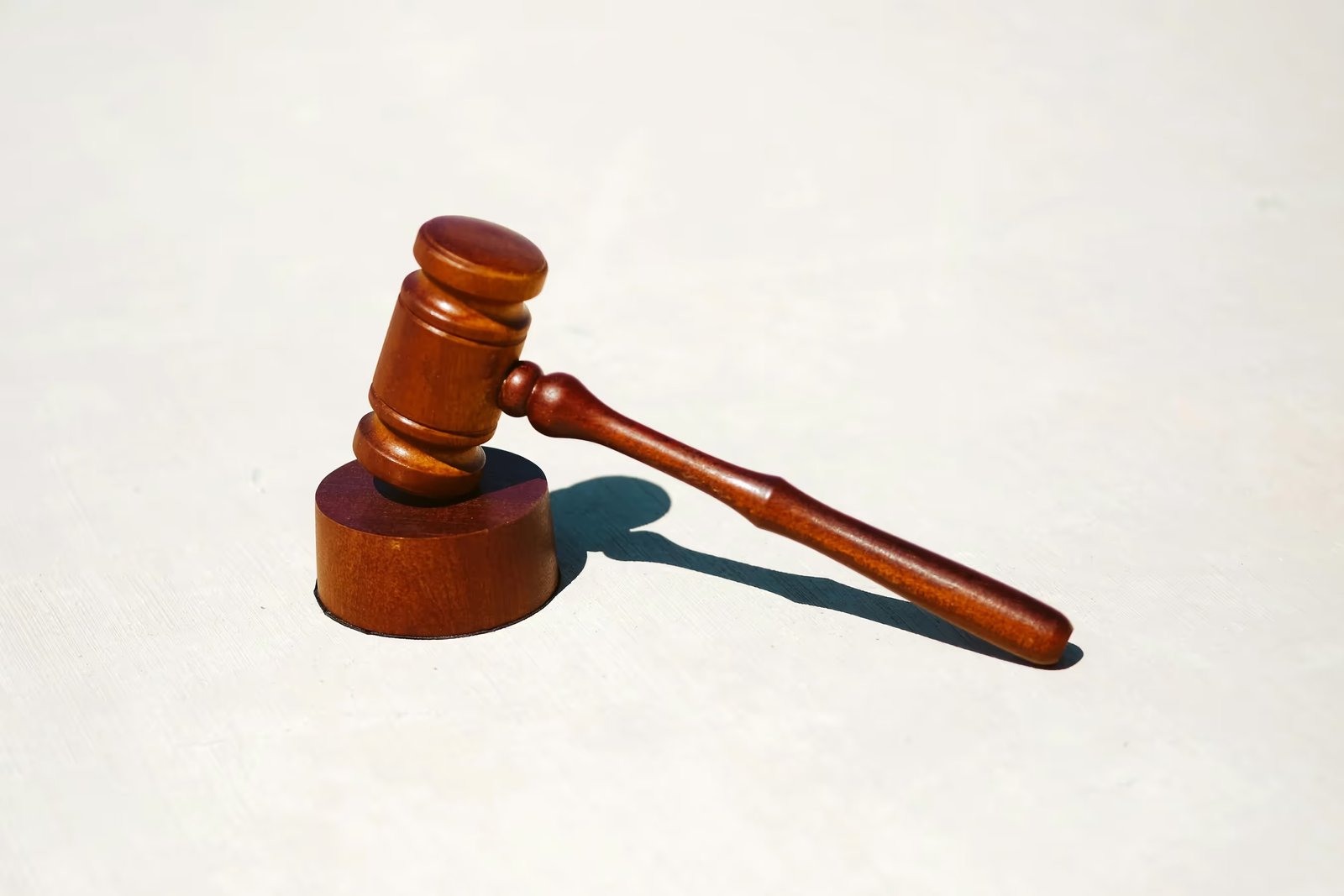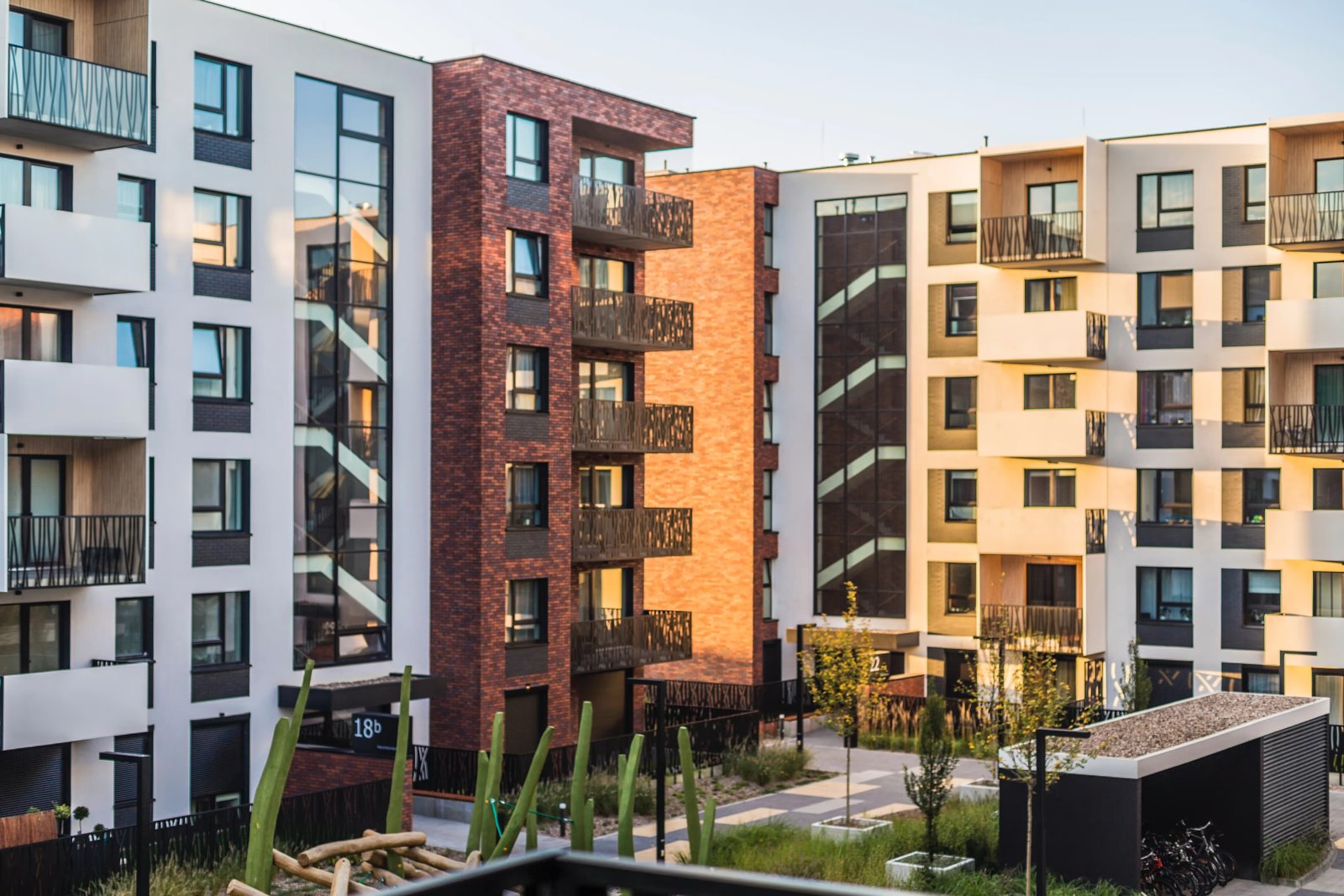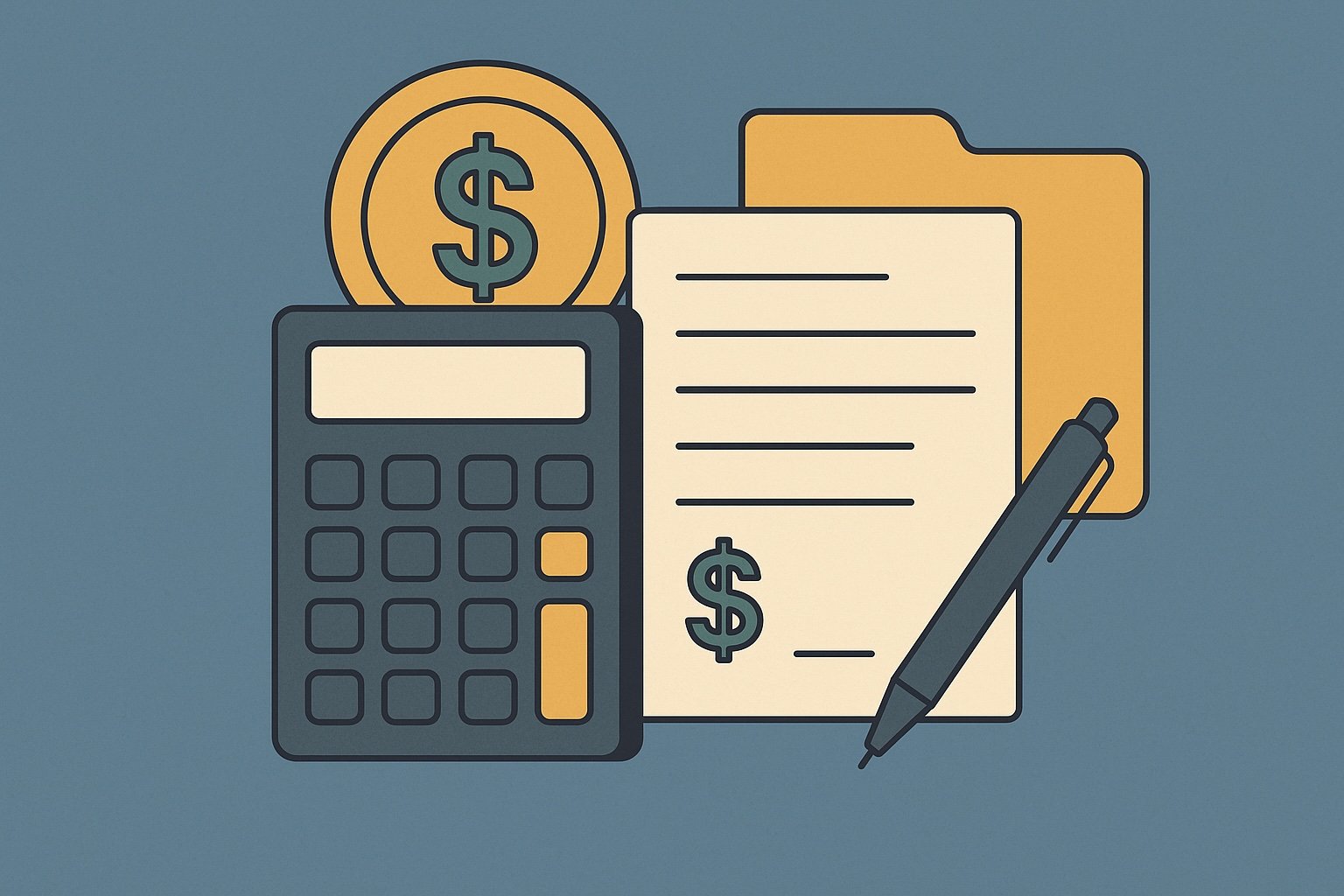Question
ARTE's Answer
When considering a 1031 exchange for a second home, it's important to understand the specific requirements and limitations set by the IRS. A 1031 exchange allows you to defer capital gains taxes on the sale of a property by reinvesting the proceeds into a like-kind property. However, the key factor here is that the property must be held for investment or business purposes, not personal use.
For a second home to qualify for a 1031 exchange, it must be demonstrated that the property is held for investment purposes. This means that the property should be rented out or available for rent for a significant portion of the year, and your personal use should be limited. The IRS has provided guidance on this through Revenue Procedure 2008-16, which outlines a safe harbor for vacation homes and second homes to qualify as investment properties.
According to Revenue Procedure 2008-16, to meet the safe harbor requirements, the property must:
- Be rented at fair market value for at least 14 days in each of the two years preceding the exchange, and
- Have personal use that does not exceed the greater of 14 days or 10% of the total days the property is rented at fair market value during each of those two years.
Example
Imagine you own a lakefront property that you use as a second home. You decide to exchange it for another property through a 1031 exchange. To qualify, you must ensure that the lakefront property is rented out for at least 14 days each year at fair market value. Your personal use of the property should not exceed 14 days or 10% of the rental days, whichever is greater.
Suppose you rented the property for 150 days in each of the two years before the exchange. Your personal use should not exceed 15 days (10% of 150 days) each year. If these conditions are met, the property can be considered held for investment purposes, making it eligible for a 1031 exchange.
At Deferred.com, we can assist you as a qualified intermediary in facilitating this exchange. By using our "No Fee Exchange" service, you can save money while ensuring compliance with IRS regulations. We will handle the sale of your relinquished property and the acquisition of your replacement property, ensuring a smooth and tax-efficient transaction.
It's crucial to document your rental activities and personal use meticulously to support your claim that the property is held for investment purposes. If you have any doubts or need further clarification, consulting with a tax advisor or real estate tax expert is advisable to ensure your exchange is structured correctly and meets all IRS requirements.
Have more questions? Call us at 866-442-1031 or send an email to support@deferred.com to talk with an exchange officer at Deferred.
Sources
- Split Treatment Transactions - Obtaining Deferral Under Section 1031 & Exclusion Under Section 121 (Article)
- Rev. Rul. 2002-83 (Related Party Exchanges)
- Vacation Home Exchanges and the Moore Decision (Article)
- Deferring Losses On The Sale of Property Using 1031 Exchanges
- Goolsby v. Commissioner
- TAM 200039005 (Failed Reverse Exchanges)
1031 Question? Ask ARTE
Deferred's AI 1031 Research Assistant is trained on 8,000+ pages of US tax law and outperforms human CPAs by 22%+
CHAT NOW
Learn More
See more frequently asked questions about 1031 exchanges








